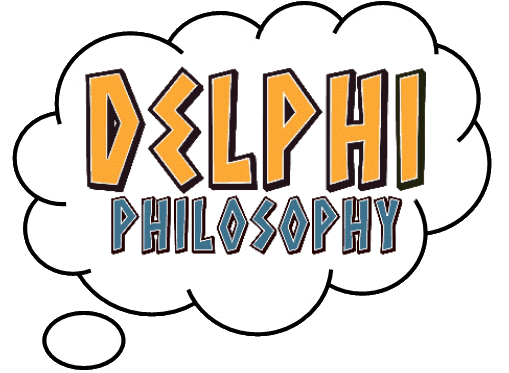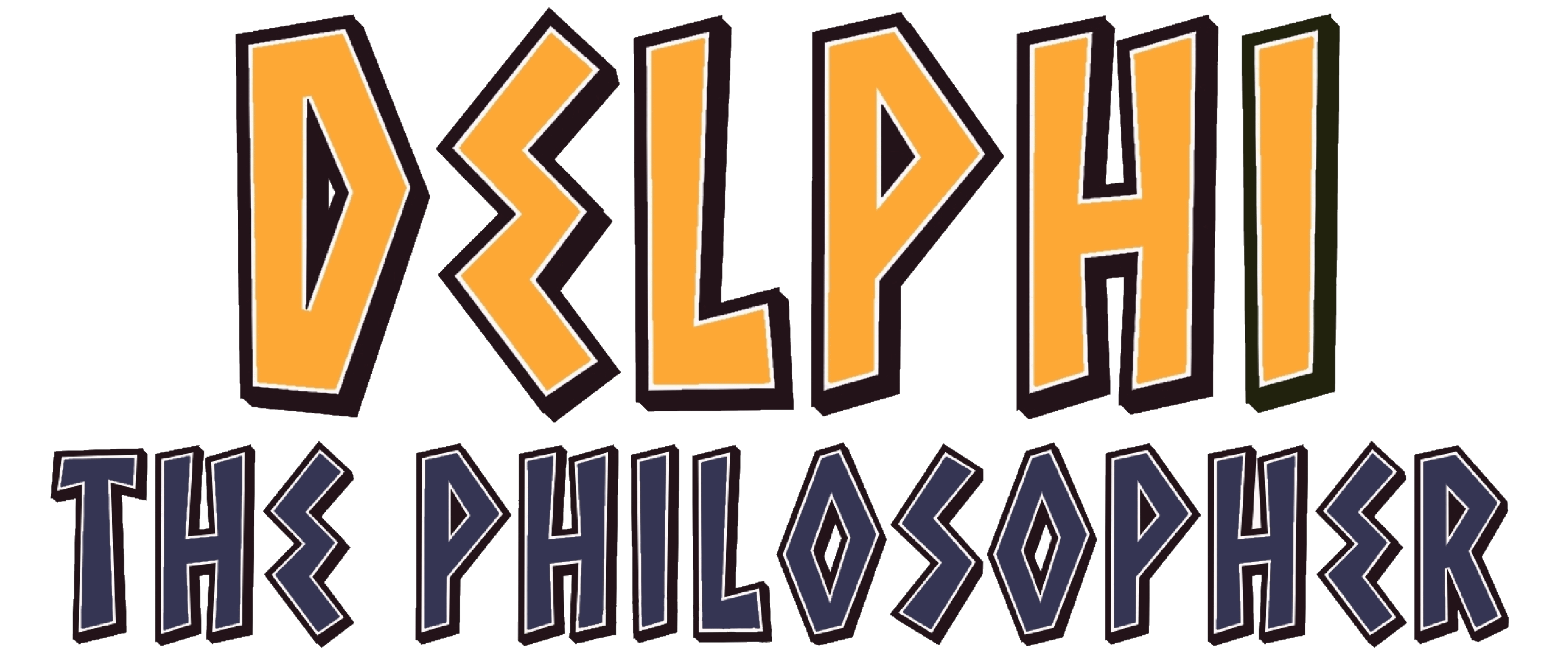She looked down at the ring, which sat on her finger, shining and odd. It couldn’t be, could it? She quickly moved to the edge of the street where there was a trough of water for animals outside the bath house and looked into it.
Where she should have seen her reflection, there was just… sky. She was!
She was invisible!
A person only does the wrong thing if they don't know what is right - at least, according to a mysterious note that Delphi receives one morning. Could it be from Socrates? But even stranger is the golden ring that comes with it. When Delphi tries it on, she quickly realises that knowing what is right and wrong might be much more complicated than she thought...
Big Questions:
-
Does it matter if you do something bad?
-
What should we do?
-
What do 'right' and 'wrong' really mean?
Skills focus:
-
Thinking of examples to support an idea
-
Using 'if' to consider possibilities
-
Using 'then' to consider consequences
Teach this lesson!
Register for free and download the lesson plan, slideshow and resources to teach this enquiry yourself.
Lesson Overview
This lesson is a philosophical enquiry about ethics. The children will investigate the idea of moral responsibility by considering different situations – firstly, what they would do if there were no punishments for acting badly and then what they would do with super powers. This enquiry will lead children through making a distinction between what they ‘would’ and ‘should’ do, and then to seeing the difficulty of knowing what the right thing to do is. The skills focus is on using ‘if’ to think of examples to support their ideas about these questions.





